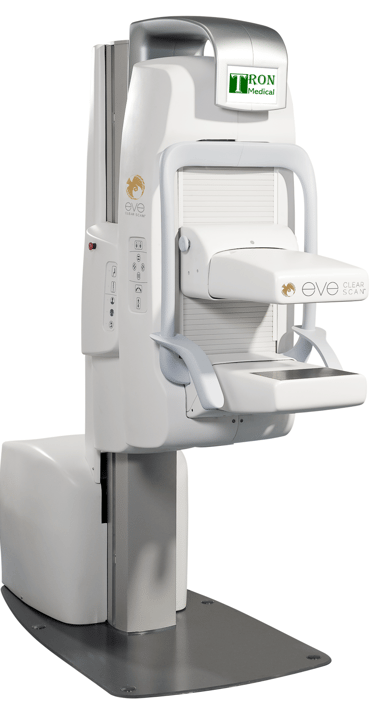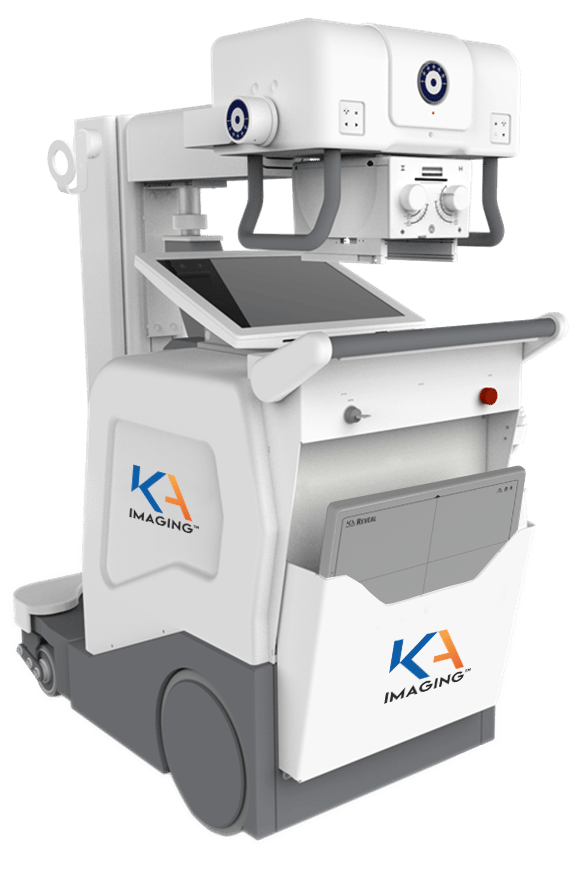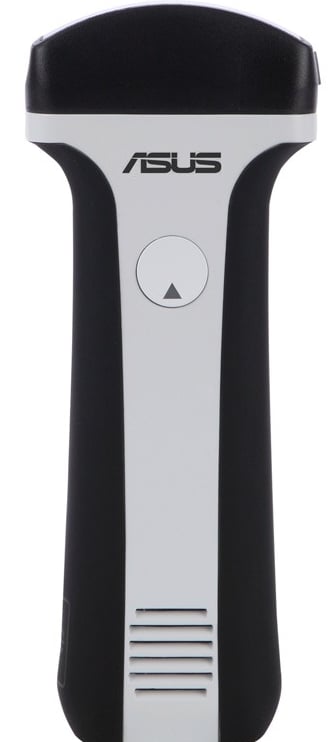Diagnostic Imaging Products
NEW MBI
Detects cancers as small as 1mm
The e750 helps enable you to make critical contributions to breast-cancer care, from supplemental screening in dense breasts, to diagnosis and planning, through treatment monitoring. It provides consistently high sensitivity, even especially in patients with dense breasts, in a highly efficient and affordable device.
The Reveal Mobi Pro integrates KA Imaging’s Reveal 35C detector with SpectralDR technology into a complete mobile X-ray solution. Its ability to simultaneously acquire conventional and dual-energy images with a single exposure at the bedside enhances hospital and patient outcomes while helping to protect revenue by reducing outflows.
NEW Reveal Mobi Pro
NEW ASUS Handheld Ultrasound
New Asus Ultrasound is compact, lightweight handheld, portable, with long battery life, high durability and wireless connectivity. Ideal for rapid, on-the-go diagnosis of a variety of conditions, with a selection of models designed for either on either humans & animals






